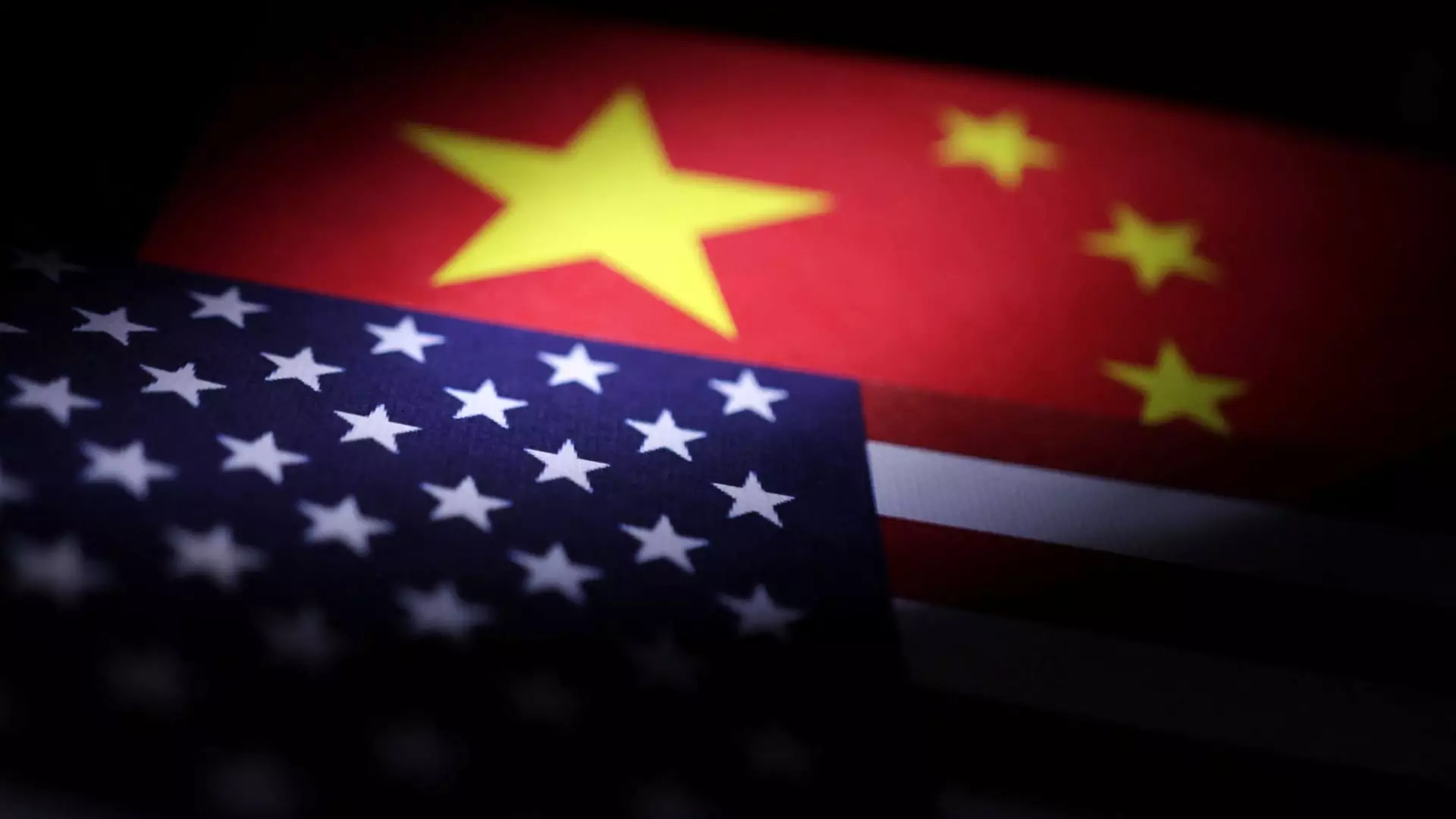The ongoing trade conflict between the United States and China has escalated to a point of no return, leaving many countries caught in the crossfire. Recent developments suggest that China’s response to U.S. tariffs is not merely a defensive maneuver; it represents a calculated strategy aimed at asserting its influence on the global stage. China’s Ministry of Commerce has openly threatened retaliation against nations that collaborate with the U.S. at the expense of Chinese interests. Such declarations signal a deepening fracture in international relations, wherein economic rivalries are no longer confined to national boundaries but are increasingly pulling in allies and neutral parties alike.
The Tariff Trap
The U.S. administration, led by President Trump, has been proactive in employing tariffs as a weapon. The U.S. recently increased tariffs on Chinese imports to an alarming 145%, while temporarily halting hikes on tariffs for other countries. It appears that, in a bid to strengthen alliances, the Trump administration is leveraging these negotiations to pressure other countries to limit their interactions with China. This tactical approach raises important ethical questions. Is it right for the U.S. to coerce its partners into diminishing their economic relationships with China, undermining the principles of free trade and cooperation?
China’s Response: More Than Just Bluster
China’s swift retaliation, which includes imposing steep tariffs of 125% on U.S. goods and restricting exports of critical minerals, reflects a strategic pivot rather than mere bluster. By targeting American companies and tightening its grip on essential resources, Beijing is clearly signaling that it will not back down easily. Furthermore, the appointment of Li Chenggang—a seasoned diplomat with experience in the World Trade Organization—as China’s chief negotiator indicates a serious commitment to recalibrating both strategy and approach in these negotiations.
Seeking Fairness or Exerting Influence?
China has positioned itself as a defender of international fairness, framing the U.S. actions as “unilateral bullying.” However, one has to question whether China’s call for collaboration is purely altruistic. As President Xi Jinping embarked on trips to Southeast Asian nations, appealing for unity against tariffs, it becomes evident that China is not just defending its interests but also aggressively expanding its geopolitical sway. Historically, these types of dramas often lead to realignment and reinforcement of power blocs, which can lead to a dangerous escalation of tensions on a global scale.
The Bigger Picture: Long-Term Implications
While it is tempting to view this trade war in isolation, its ramifications will be felt internationally, as evidenced by China’s new trajectory of increasing trade with Southeast Asia—a region now serving as its primary trading partner. The long-term implications are profoundly disconcerting. Not only could this economic conflict reshape global trade patterns, but the resulting geopolitical tensions could make the world less stable. It serves as a compelling reminder that while economic interests are crucial, they should not come at the expense of diplomatic relations and global stability.
As we watch these powerful nations clash, it is essential to analyze not just their actions but the implications behind them, remaining vigilant to the precarious balance of international trade and its impact on our world.

Leave a Reply